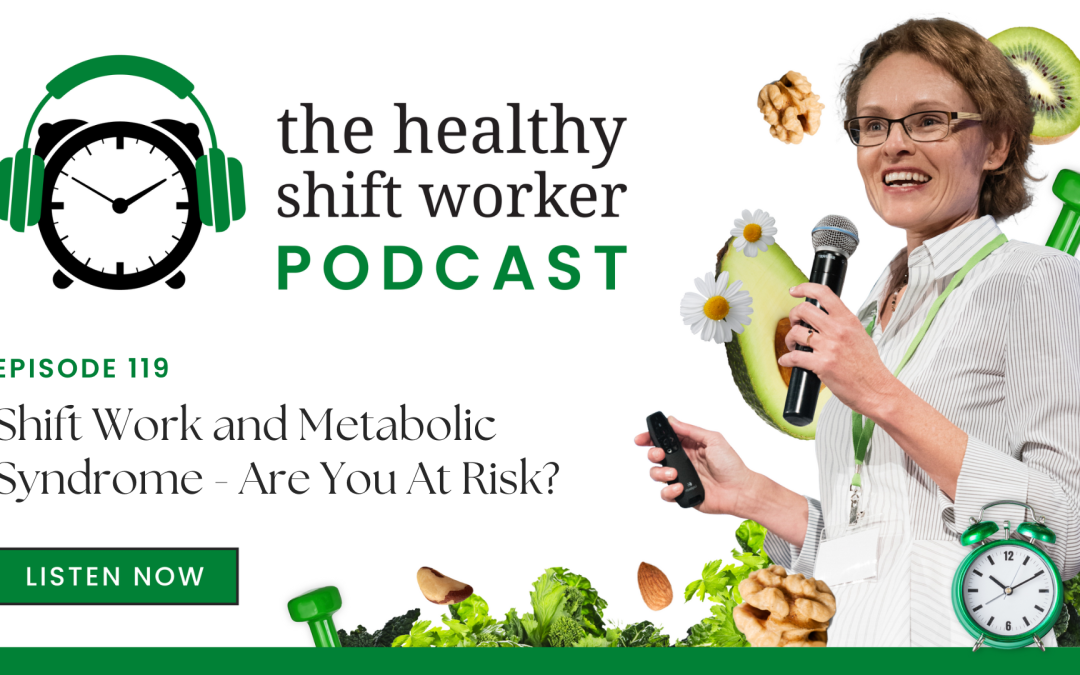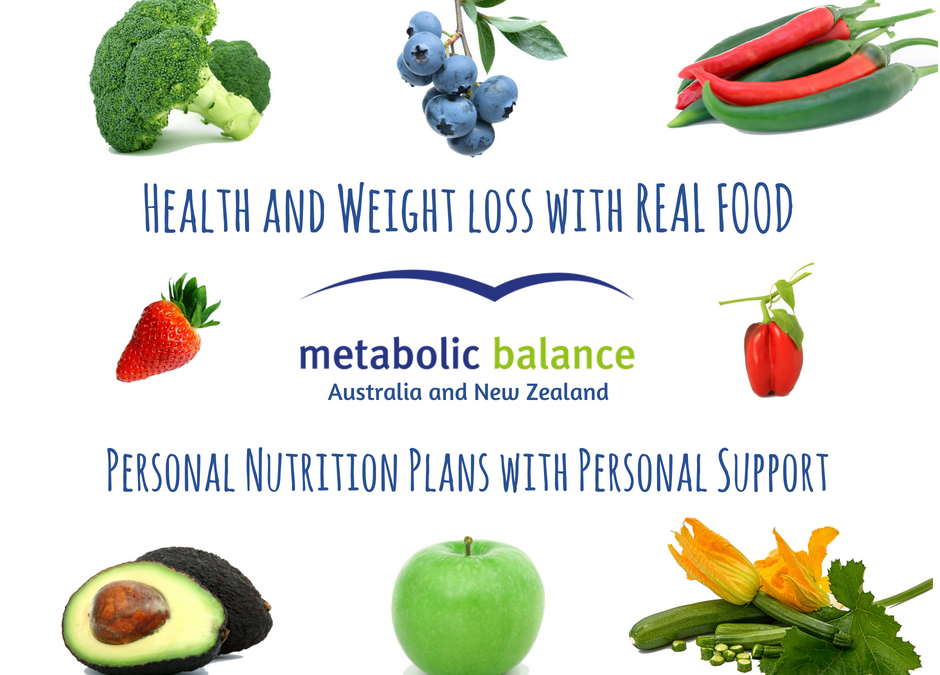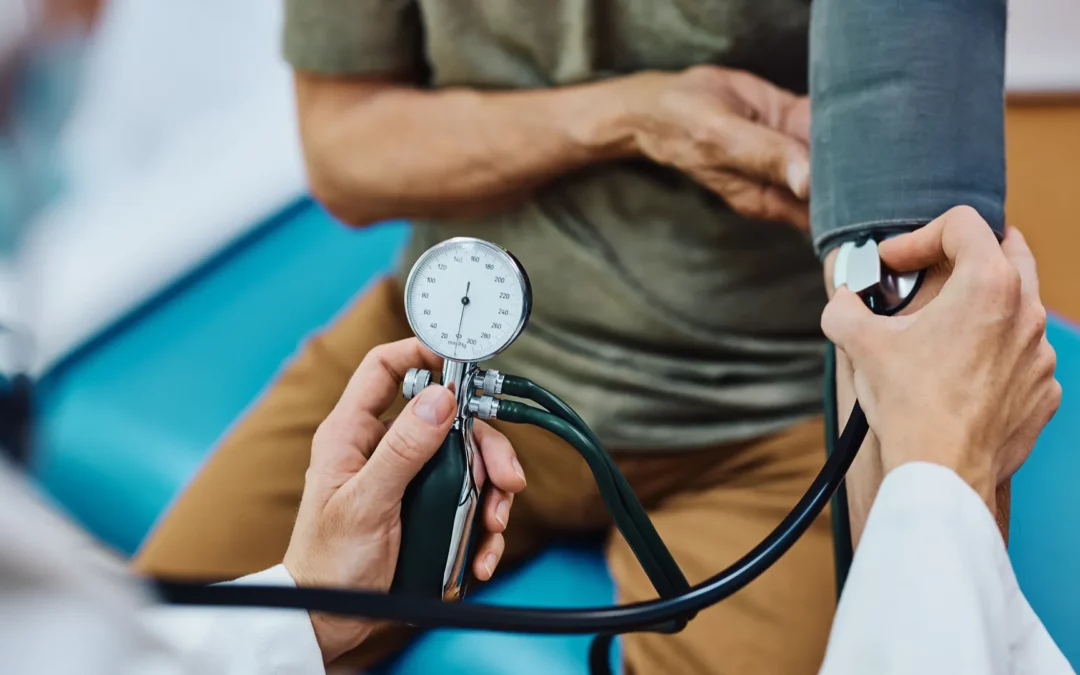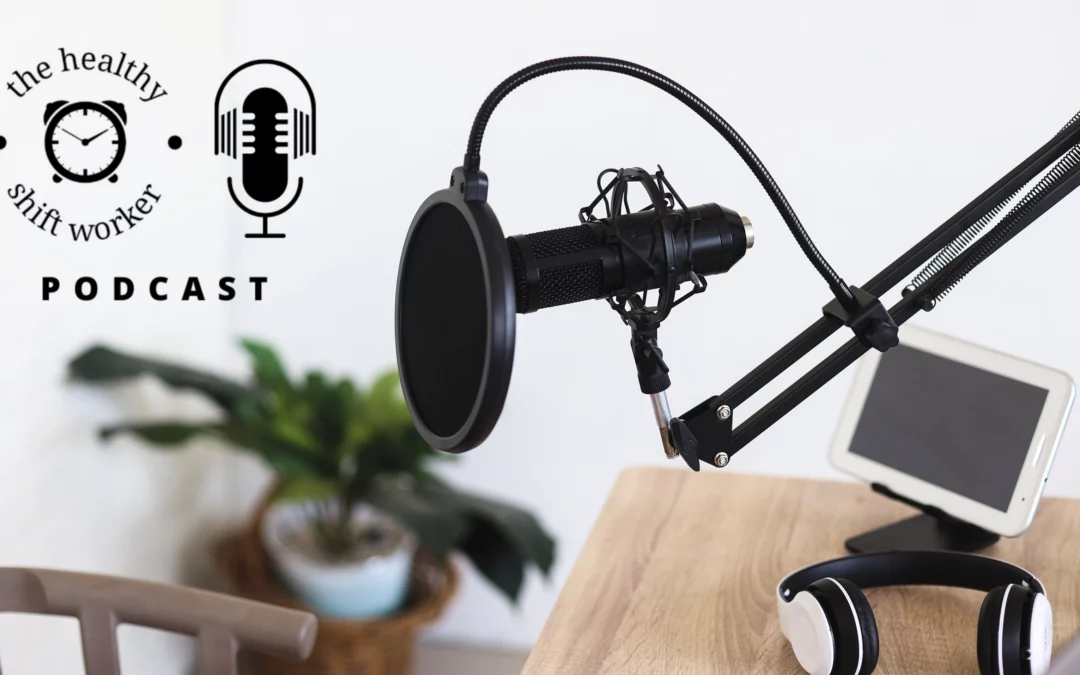
by Audra Starkey | Jul 11, 2024 | Metabolic Balance, Nutrition
In the world of health and wellness, one size does not fit all. This principle is at the core of bespoke nutrition and metabolic balance, a personalised approach to achieving optimal health tailored to your unique needs and lifestyle. When it comes to shift workers,...

by Audra Starkey | Jul 5, 2024 | Metabolic Balance, Nutrition
Shift workers face unique health challenges due to irregular hours, disrupted sleep patterns, and unconventional meal times. These factors can negatively impact metabolic health, leading to issues such as weight gain, fatigue, and increased risk of chronic diseases....

by Audra Starkey | Jul 4, 2024 | Podcast
In light of events over the last few years, this podcast has to be the most profound interview I’ve done thus far. As Daniel Roytas, a former University Lecturer, Nutritionist and Naturopath, challenges the long-held belief that colds and flus can be caught. He...

by Audra Starkey | Jul 3, 2024 | Metabolic Balance, Night shift, Nutrition
Night shift work presents unique challenges to maintaining good health and a balanced lifestyle. Irregular hours, disrupted sleep patterns, and unconventional meal times can wreak havoc on your metabolism. The Metabolic Balance Nutrition Program offers a tailored...

by Audra Starkey | Jul 1, 2024 | Podcast
Evidence indicates between 20% and 30% of the adult global population can be characterised as having Metabolic Syndrome – a cluster of conditions that increase the risk of heart disease, stroke, and type 2 diabetes. Unfortunately for those that work shift work,...

by Audra Starkey | Jul 1, 2024 | Metabolic Balance, Nutrition, Recipes
Shift work comes with unique challenges that can significantly impact your health. Research has shown that irregular hours, disrupted sleep patterns, and unconventional meal times can all contribute to metabolic imbalances. The Metabolic Balance Program offers a...

by Audra Starkey | Jun 28, 2024 | Nutrition, Sleep
What Is Metabolic Health? In today’s fast-paced, 24/7 world, shift work has become a common practice across various industries, from healthcare and security to hospitality and manufacturing. While this work schedule is essential for maintaining around-the-clock...

by Audra Starkey | Jun 21, 2024 | Podcast
Did you know that our eyes are one of the MOST IMPORTANT circadian organs? They literally influence our biology in a myriad of ways so we need to take super care of them – no matter our age! In today’s podcast chat, it was a treat to have New York based...

by Audra Starkey | Jun 6, 2024 | Podcast
In today’s episode Dr Keshav Grover and his wife, Dr Evita Singh, discuss their experiences as healthcare professionals working shift work and the impact it has on their personal and family life. They share their backgrounds and how they ended up doing shift...

by Audra Starkey | May 22, 2024 | Podcast
So enjoyed this chat with Nutritionist, Pulmonary Scientist, Podcaster and Health Coach Cameron Borg on why it’s important to look beyond nutrition when it comes to optimising our health. Cameron dives deep into some of the key drivers and their mechanisms as...










